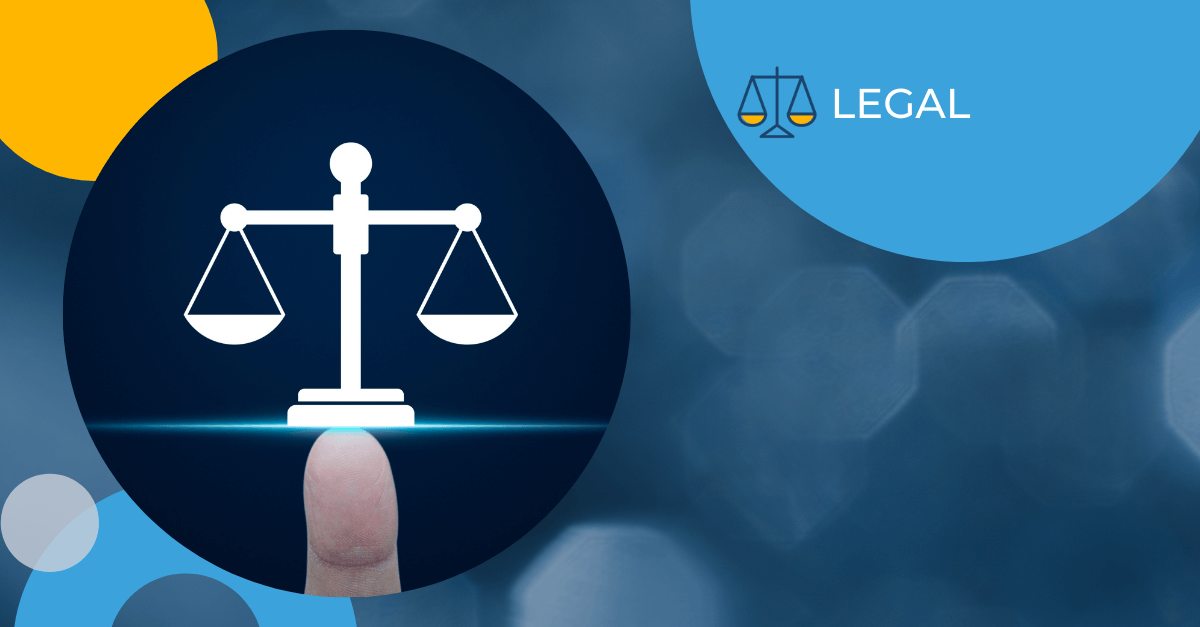Translating legal documents is a specialized discipline within the larger field of document translation. In addition to mastery of both the source and target languages, legal document translation requires advanced knowledge of legal terminology and a familiarity with the legal system of the country where the translation will be submitted.
Understanding the target country’s legal system is an often overlooked but critical aspect of legal document translation, especially if the documents in question relate to complex litigation. Each country’s legal system includes culturally-dependent concepts that are reflected in the legal language included in contracts, agreements, etc. In particular, legal documents that are translated for court must use the precise legal terminology employed in that country. It is not enough to preserve the meaning and intent of the source document–a legal document translation that relies on terms that mean roughly the same thing but are not the standard terms used in that country could put the party that produced it at a distinct disadvantage.
While a law degree is not necessary, it is important that the legal translator has studied and is thoroughly familiar with the laws and legal institutions in both the source and target countries, as well as the linguistic issues that come up when converting concepts and terms from one legal system to another. For important legal documents, one should not compromise on selecting legal translators with at least 5 years of legal document translation experience.
Since high quality legal document translation requires extensive knowledge of the target country’s legal system, it’s best to select in-country translators or a translation company (like Morningside) that relies on translators located in the target country to prepare the translation.
Also keep in mind that if the documents involve complex subject matter or technology, the legal translator must have extensive knowledge of the technical field in question. This is especially true for patent litigation and IP litigation in general.


